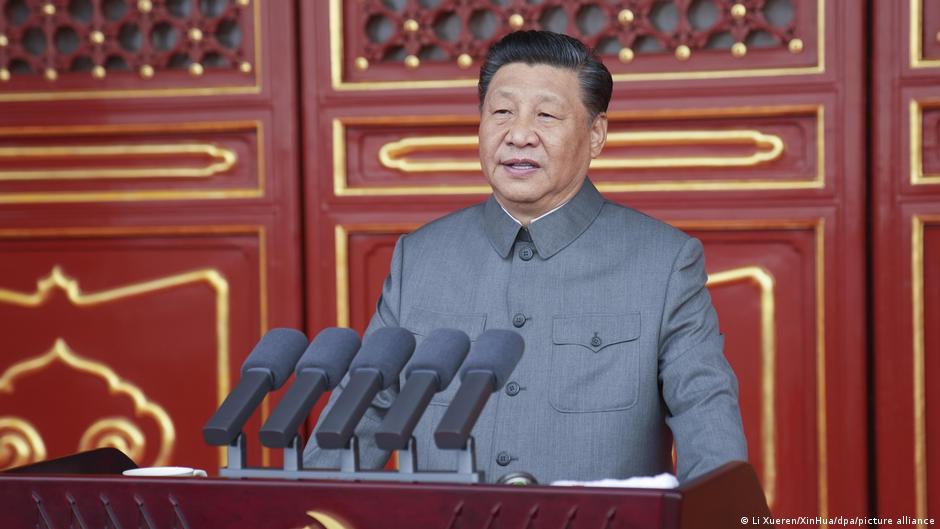News
China Makes It a Crime to Mock Country's Heroes
Chinese leader Xi Jinping has made it a crime to mock national heroes and historical communist party figures. An offender could face up to three years in prison, The New York Times reported.
China has started to punish its residents who either criticize or mock historical figures in a move that sees the ruling party exert greater control over the nation’s population.
The new law went into effect in March of this year as part of a campaign by President Xi Jinping, who also serves as the General Secretary of the Chinese Communist Party (CCP). Xi’s government has aimed to realign Chinese society along a number axis, including culturally, historically and socially.
Authorities and officials have pursued punishment with an aggressive zeal: The Cyberspace Administration of China, which monitors the country’s internet, created telephone and online hotlines to encourage citizens to report violations, as well as publishing a list of "rumors" forbidden for people to discuss.
The list of suggested topics to avoid discussing includes: Was Mao Zedong’s Long March really not so long? Did the Red Army skirt heavy fighting against the Japanese during World War II? Was Mao’s Son, Mao Anying, killed by an American airstrike during the Korean War because he lit a stove to make fried rice? Asking those very questions risks arrest and, now, prosecution.
“It is a sign of the establishment of an absolute political totalitarianism,” said Wu Qiang, an outspoken political analyst in Beijing.
A version of the slander law was first adopted in 2018, but an amendment to the country’s criminal code that took effect March 1 allowed prosecutors to seek criminal punishment, including prison sentences of up to three years. At least 15 people have faced punishment since the changes took effect.
The new law goes further
On November 8, at the sixth plenum of the party’s Central Committee, China’s ruling Communist Party has adopted a new resolution on the party’s history — an official summation of the past and its lessons.
The document, a summary of the party's 100-year history, addresses its key achievements and future directions. Experts believe that the resolution indicates a turning point for the CCP, giving Xi greater control over the narrative of its history.
It also puts Xi on a pedestal similar to CCP heroes like Mao Zedong and Deng Xiaoping, the only other two leaders who have convened a resolution on the party's history.
